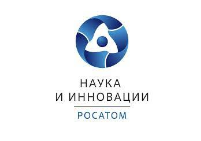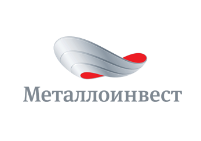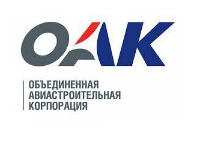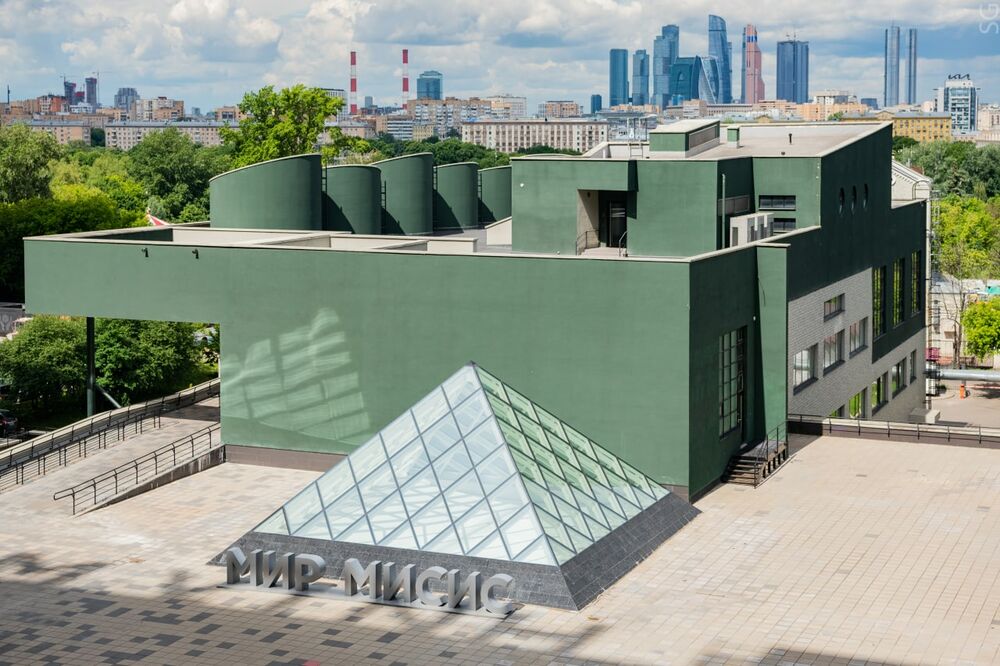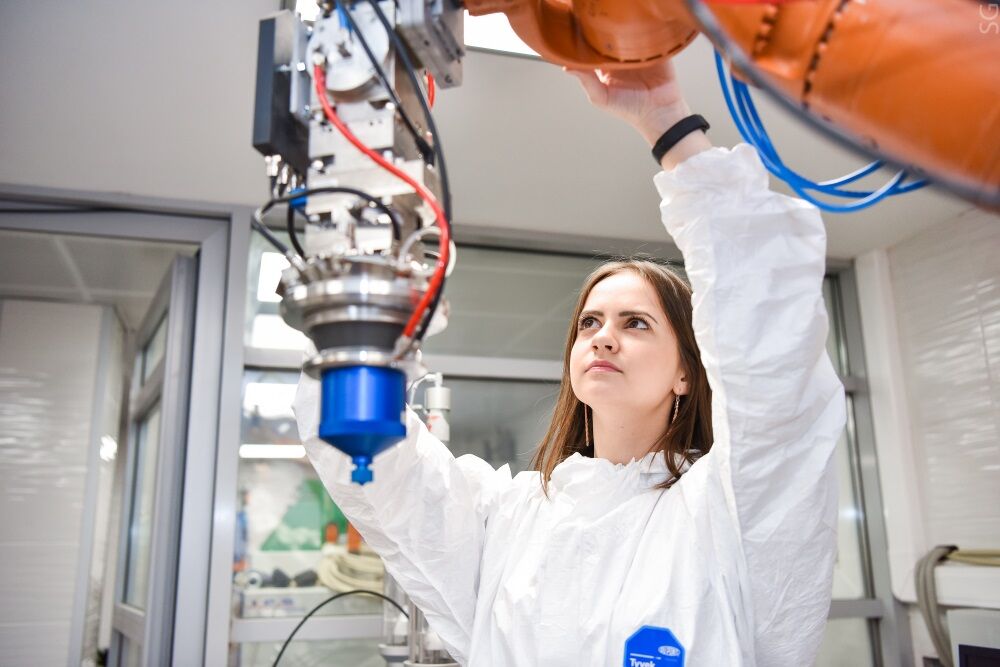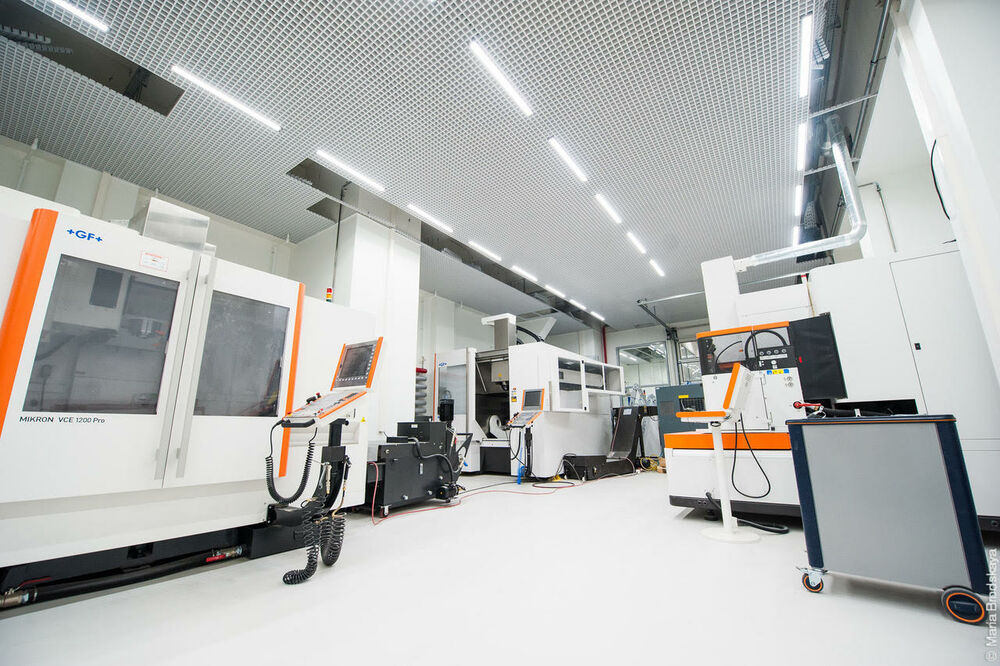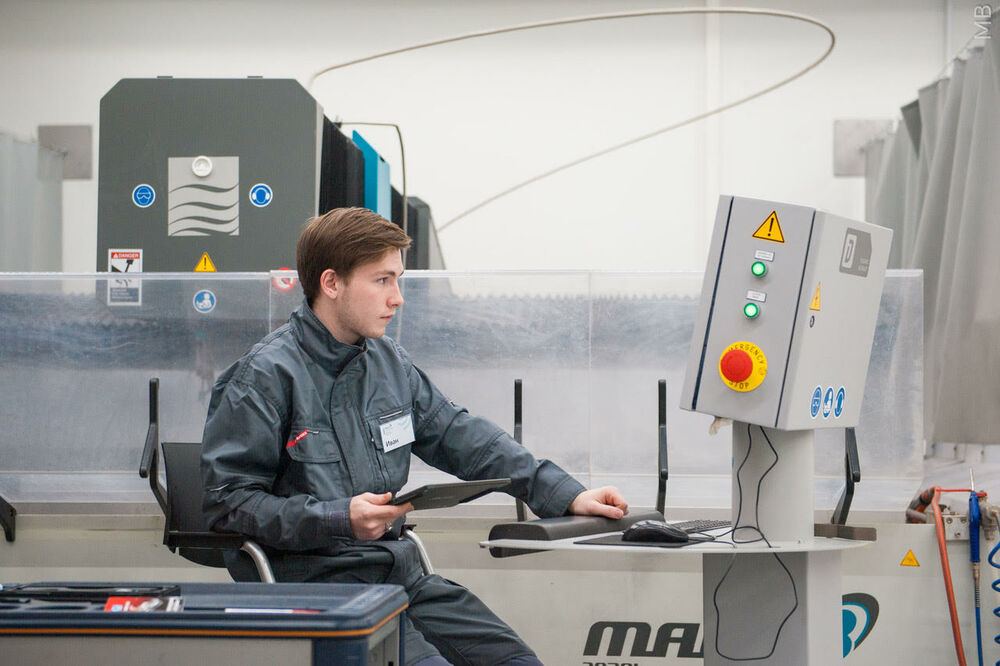In June 2022, MISIS University became the winner of the national contest to establish advanced engineering schools — centers for training engineers of a new formation in collaboration with high-tech and advanced manufacturing companies.
Following the results of the competition 30 university-based schools were opened, one of which was the Advanced Engineering School (AES) “Materials Science, Additive and Cross-Cutting Technologies” at NUST MISIS. In February 2023, NUST MISIS successfully defended the results of the first year of the AES work and entered the top 10 universities participating in the project. On June 9, 2025, the AES became part of the College of Materials Science, Additive and Scalable Technologies (College MAST) at NUST MISIS.
College MAST is aimed to develop material sciences, additive and cross-cutting technologies and implement it in higher-productivity sectors in Russia and worldwide. The primary goal is to educate a new generation of engineers, train personnel with a new worldview, capable of creating materials with fundamentally new properties and digital manufacturing technologies.
Fields of interest
-
Digital materials science and promising future materials for sustainable mechanical engineering
-
Digital technologies in metallurgy and mechanical engineering
-
Additive technologies
-
Precision casting technologies
-
Bioprinting and biomaterials
Master’s programs at College MAST
The master’s program is focused on training technology specialists, automation engineers in mechanical engineering and metallurgical industries as well as physical and chemical processes researchers with a new worldview, capable of developing and implementing digital solutions in manufacturing of metal products, including products for sustainable mechanical engineering. The master’s program is implemented jointly by AES and the industrial partner Rosatom State Corporation.
Duration: 2 years
Format of study: full-time
Language: Russian
Disciplines: 19 subjects in the field of mathematics, physical chemistry, materials science, programming, machine learning, IT and automation (Methods of Mathematical Physics, Numerical Methods, Experimental Design and Data Analysis, Machine Learning and Artificial Intelligence, Classical Methods in Data Analysis and 14 more)
In recent years, significant progress has been made in the field of computer simulation in materials science. It’s now possible to predict new materials properties at the development stage, which significantly reduces the time of searching and market testing. The Digital Materials Science Master’s program trains digital materials specialists who are able to implement advanced technologies in the development of new materials. Our students use innovative modeling methods in materials science, which allow them to predict the structure and properties of materials on a computer before they are synthesized or physically tested.
Duration: 2 years
Format of study: full-time
Language: Russian
Disciplines: 15 subjects in computational materials science (Data Analysis and Machine Learning, Quantum Mechanical Calculations, Programming Fundamentals, Computational Thermodynamics and 11 more)
Organ shortage crisis is one of the important problems in modern medicine. The Biomedical Engineering and Biofabrication Master’s program has been created at MISIS University to find a solution to the organ shortage. It’s focused on training specialists in breakthrough organ building. The educational process is based on real projects with cooperation partners. Students learn to create new 3D bioprinters that print tissue and organ equivalents. Our graduates will have scientific and commercial competencies in tissue engineering, biomaterials science and become competitive industrial design engineers and world-class bioprinting development engineers.
Duration: 2 years
Format of study: full-time
Language: Russian
Disciplines: 26 modules included in 5 mega-disciplines (Biomedical Engineering, Design of Biofabrication Equipment, Tissues, Organs and Medical Devices Studying Methods, Biocompatibility and Clinical Application, Commercialization of Research Results)
The Additive Technologies Master’s program offers an opportunity to gain 3D printers managing skills and work in the field of additive technologies. Training is carried out on the basis of the Engineering Center of High-Complexity Prototyping “Kinetica” and its own world class equipment. From the first day of training students are involved in research work and the international scientific environment, participate in competitions, get internships in Russian state-owned Rosatom and Rostec corporations as well as the high-tech companies from the Skolkovo Innovation Center.
Duration: 2 years
Format of study: full-time
Language: Russian
Disciplines: 16 subjects in the field of additive technologies and digital manufacturing (Additive Technologies and Additive Manufacturing, Modern Methods in Metallurgy, Mechanical Engineering and Materials Science, Raw Materials Science for Additive Technologies and 12 more)
Additive technologies are transforming industry, but without clear standards and quality control, innovations will not be implemented in real-world production. Russia’s first master’s program, “Additive Manufacturing Certification” trains unique specialists capable of ensuring product compliance with international and national standards. Students master certification processes, metrological control, the implementation of quality management systems, and the use of modern equipment. From their first year, master’s students tackle practical problems thanks to the university’s collaboration with leading industrial enterprises and research centers. The program is designed for those seeking to develop in cutting-edge engineering and build a career both in Russia and globally.
Duration: 2 years
Format of study: full-time
Language: Russian
Disciplines: 19 subjects in the field of additive technologies, metrology, standardization, and quality management of products made from new materials
College MAST’s learning journey
At College MAST, we are focused on training highly qualified engineers in the field of additive technologies called engineers 4.0. They have competencies not only in engineering, digitalization, data analysis and innovation, but also in management, entrepreneurship and design. Such an approach can contribute to the digital transformation of the economy as well as create opportunities for self-realization and talent development.
We believe additive technologies are the key driver of Industry 4.0, the ongoing fourth industrial revolution. Thus, additive technologies are considered an integral part of the areas being developed at our school. For example, talking about foundry technologies we mean the use of additive equipment in the production of models for smelting and burnout process as well as 3D printing of casting molds and cores. Similarly, 3D synthesis in biofabrication is part of the regenerative medicine progression, aimed to restore tissues or whole organs directly in humans in the future.
The best MISIS university professors and recognized industry experts teach at College MAST. Students are engaged in industrial partners’ projects during their studies which guarantees them employment in the future.
In the center of College MAST is a full-cycle training on the basis of the Engineering Center of High-Complexity Prototyping “Kinetica”, where students go through all the steps from generating new product ideas to its small-scale production and regulatory documents development.
Our partners
Management structure
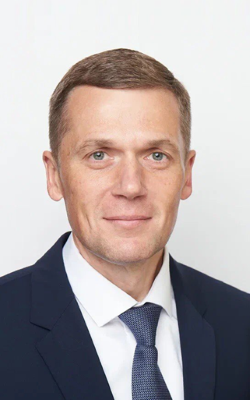
Pavel Aleksandrovich Zaitsev
Chairman of the Coordination Council, Director General of Science and Innovations JSC (the managing company of Rosatom`s scientific division)
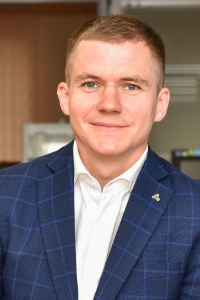
Alexander Alexandrovich Komissarov
Head of the College
Ph.D. in Engineering, Associate Professor, Head of the Hybrid Nanostructured Materials Laboratory
Research interests: materials science, physics of strength, fracture mechanics
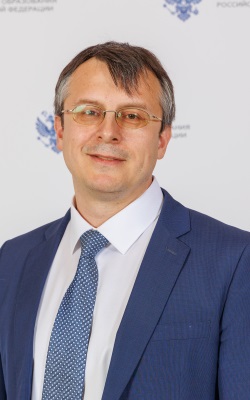
Ivan Alekseevich Ivanov
Scientific supervisor
PhD in physics and mathematics, associate professor at the Department of Theoretical Physics and Quantum Technologies
Field of knowledge: сomputer science, information systems, software engineering, metallurgy and metallurgical engineering, nanomaterials and nanotechnologies, machine engineering technologies
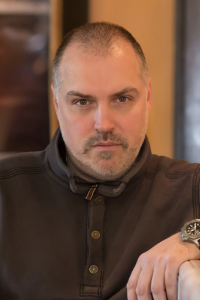
Vladimir Vyacheslavovich Pirozhkov
Head of the educational factory
